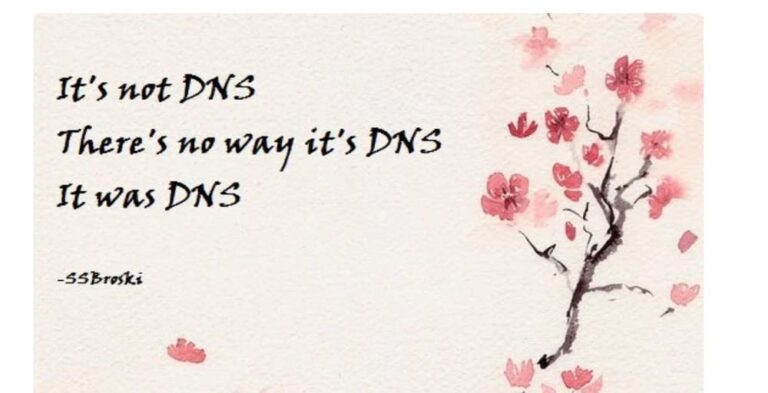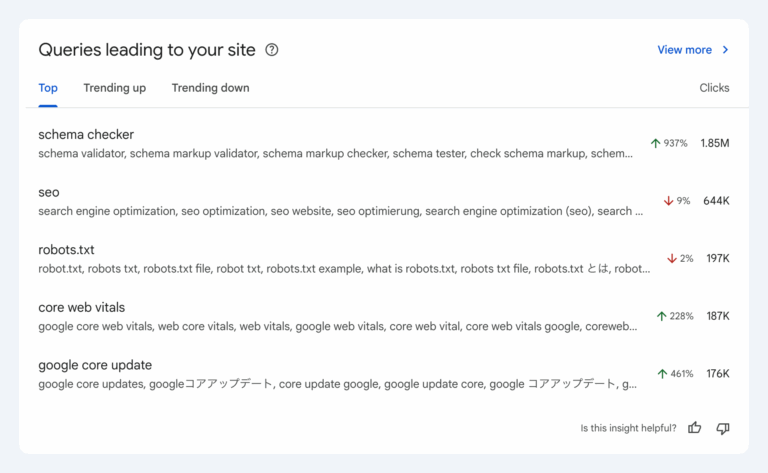In the increasingly interconnected world of social media and entertainment, the line between personal life and professional image has become alarmingly thin. Individuals who choose to step into the spotlight are faced with the daunting challenge of balancing their authentic selves with the demands of public perception. In this thrilling exposé, we delve deep into the experience of one such individual who navigated this complex terrain—Elen.
Authenticity in the Spotlight
Elen embarked on a unique journey when she decided to participate in a reality show, an endeavor that left many wondering how she could maintain her professionalism while revealing glimpses of her personal life. “It was less about protecting my job and more about who I am as a person,” she reflects. The emphasis she places on her personal values offers a refreshing perspective, one that resonates with many today. Instead of viewing the show as a potential threat to her career, she approached it as a platform for expressing her true self.
This mindset underscores the importance of authenticity in a world where curated personas can often overshadow genuine identities. In her case, Elen was keen on presenting an image that was consistent with her values both on-screen and off. “I wanted any friends, family, whoever saw me on the show to see me and be like, ‘Yeah, that’s exactly how Elen is,’” she explains, highlighting that her goal was to ensure her public persona reflected her true self. The notion that public figures ought to be relatable and authentic resonates strongly in the age of social media, where audiences crave realness rather than a polished facade.
In recent years, numerous studies suggest that individuals gravitate towards brands and personalities that reflect their own values and beliefs. This is especially true in industries like entertainment, where authenticity can significantly enhance audience engagement and loyalty. By presenting herself authentically, Elen has positioned herself as a role model, encouraging fans and spectators to stay true to their values while navigating their own professional journeys.
Navigating Workplace Dynamics
Elen’s transition back to her professional life post-show raises intriguing questions about the dynamics between personal expression and corporate expectations. When asked if she was anxious about the implications of her appearance on the show, Elen expressed confidence in her company’s supportiveness. “I feel like my company is super supportive and I wasn’t worried about being fired so much as having to have awkward conversations,” she said. This indicates a progressive workplace culture that values personal growth and individuality—a stark contrast to the traditional stigma that often surrounds personal endeavors within corporate spaces.
Such cultures are increasingly becoming a focal point for talent retention and employee satisfaction. Companies that embrace their employees’ individual pursuits foster an environment where creativity can flourish, leading to enhanced productivity and innovation. For instance, a study conducted by Deloitte revealed that organizations with inclusive and supportive cultures enjoy greater employee loyalty and performance. Elen’s situation exemplifies this organizational philosophy, as she enjoys a work environment that not only allows but encourages the exploration of personal opportunities.
However, the transition back to a regular work routine can still come with challenges. The potential for awkward conversations—stemming from perceptions of colleagues, supervisors, and even clients regarding her participation in a reality show—can evoke a mix of anxiety and anticipation. Navigating these relationships requires careful communication and an understanding of the boundaries between professional responsibilities and personal choices.
The Importance of Support
Support systems play a vital role in any individual’s journey—especially when that journey unfolds in the public eye. Elen emphasized that while she was aware of the public’s scrutiny, she also felt a tremendous sense of support from her colleagues and the broader company. “I only have positive things to say about my company,” she noted, demonstrating a profound gratitude for her workplace. This support system not only enhances individual confidence but also serves as a buffer against potential backlash or criticism.
Organizations that cultivate supportive environments often see the benefits manifest not only in employee morale but in their overall brand image. For instance, companies like Google and Zappos are renowned for their employee-centric cultures, leading to higher retention rates and a workforce that is engaged and motivated. By taking a stand and championing employees’ personal pursuits, organizations can create a powerful narrative that highlights their commitment to both professional and personal authenticity.
Challenges of Public Engagement
Despite her fortunate position, Elen does face a reality shared by many public figures: the risk of scrutiny and judgment. “I don’t think there was anything that I did that was against the company’s values,” she affirmatively expresses, but she recognizes that had she strayed into controversial territory, the implications could be very different. The delicate balance between personal freedom and professional responsibility is a well-trodden path for celebrities, social media personalities, and influencers alike. Maintaining this equilibrium often requires strategic planning and a conscientious approach to self-presentation.
Moreover, the landscape of public engagement is rapidly shifting. With the rise of cancel culture and the relentless speed of digital communication, public figures must navigate an environment fraught with potential pitfalls. Elen’s narrative sheds light on the importance of understanding the consequences of public representation, not just in terms of company repercussions but also in how it affects personal brand identity. Lessons can be drawn from various personalities who have faced backlash for perceived missteps, serving as reminders of the crucial need for self-awareness in the public sphere.
In an era where personal brand and professional identity are inextricably linked, Elen presents a noteworthy case study. Her commitment to authenticity, the support from her workplace, and her approach to navigating the potential challenges of being in the public eye offer significant insights for anyone looking to balance personal pursuits with professional obligations. By remaining true to her values while engaging in a public forum, Elen not only solidifies her professional identity but inspires her audience to do the same—a testament to the power of authenticity in shaping personal and professional narratives in today’s world.



